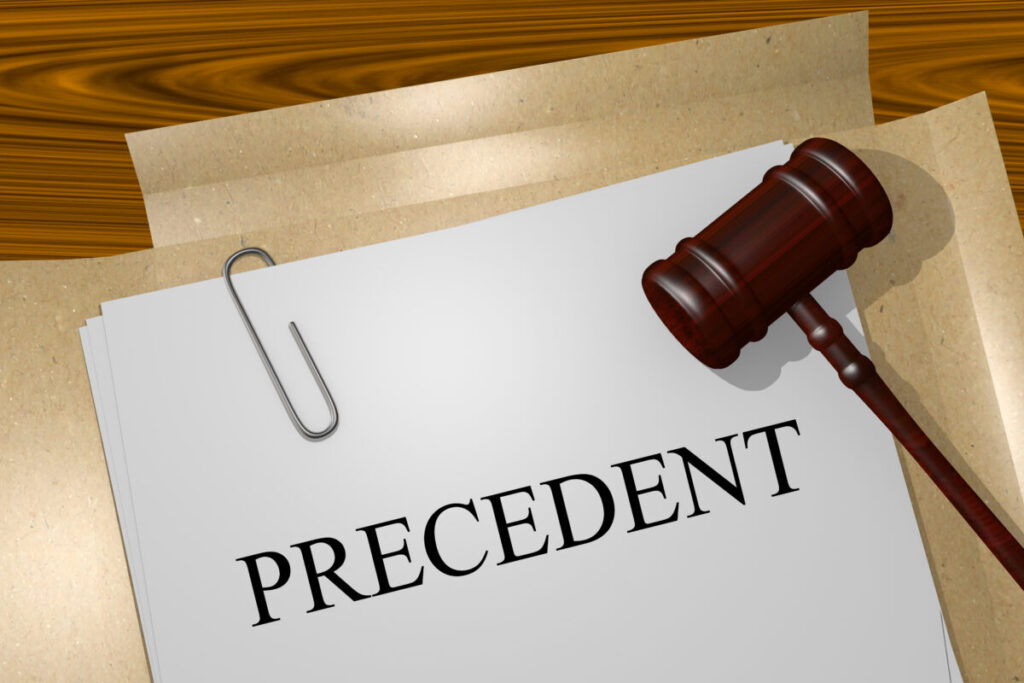“The CAFC explained that, as pled, BearBox’s conversion claim is preempted because it is ‘essentially an inventorship cause of action and patent infringement cause of action, and thus seeks ‘patent-like protection’ for ideas that are unprotected under federal law.’”
 The U.S. Court of Appeals for the Federal Circuit (CAFC) on Monday, January 13, issued a precedential decision denying a state law conversion claim as being preempted by patent law and rejecting BearBox LLC owner Austin Storms’ bid to be named a sole or joint inventor on Lancium LLC’s patent.
The U.S. Court of Appeals for the Federal Circuit (CAFC) on Monday, January 13, issued a precedential decision denying a state law conversion claim as being preempted by patent law and rejecting BearBox LLC owner Austin Storms’ bid to be named a sole or joint inventor on Lancium LLC’s patent.
U.S. Patent No. 10,608,433 is titled “Methods and Systems for Adjusting Power Consumption Based on a Fixed-duration Power Option Agreement” and is owned by Lancium, a software and tech company that provides power management solutions for data centers such as those used for bitcoin mining. Storms is a Bitcoin miner and the owner of BearBox, which was founded “to design and develop mobile cryptocurrency datacenters,” according to the CAFC opinion. In 2019, Storms met Lancium co-founder Michael McNamara at the “FCAT Mining Summit” and subsequently went to dinner with him and Lancium’s CFO. Storms and McNamara exchanged texts and emails following the two-hour dinner in which Storms shared some information about his BearBox system, but they never met again. According to the opinion, MCnamara testified that “upon receipt of
Mr. Storms’ email, he spent no more than three minutes reviewing the attachments and that he considered the price of the BearBox system to be too high compared to other container manufacturers Lancium solicited.”
After the ‘433 patent issued, BearBox brought suit in Louisiana against Lancium, requesting that he be added as sole or joint inventor of the ’433 patent and conversion under Louisiana state law. The district court ultimately agreed with Lancium’s arguments that the conversion claim was preempted by federal patent law and, following a bench trial, found that Storms failed to prove by clear and convincing evidence that he was entitled to sole or joint inventorship.
In its review, the CAFC first explained that, as pled, BearBox’s conversion claim is preempted because it is “essentially an inventorship cause of action and patent infringement cause of action, and thus seeks ‘patent-like protection’ for ideas that are unprotected under federal law.” Since the claim seeks to recoup monetary damages resembling patent damages, and not merely the return of the property or its value at the time of conversion, as articulated in Louisiana’s conversion statute, the CAFC agreed that BearBox “seeks monetary damages in, effectively, a repackaged form of a royalty payment” and is thus preempted. Further, BearBox’s technology isn’t patented, was freely shared with others and is in the public domain. “Were we to allow the conversion claim to move forward as pled, then BearBox, like a patentee, would potentially recover lost profits or a reasonable royalty from its competitor, Lancium, for Lancium’s alleged use of BearBox’s technical information that ‘otherwise remain[s] unprotected as a matter of federal law,’” wrote the CAFC.
On the issue of inventorship, the Federal Circuit agreed with the district court’s analysis following its three-day bench trial and explained that the only information Storms shared with Lancium was in his email to McNamara via four attachments, which either did not contain the subject matter of the ‘433 patent or failed to prove Storms conceived of or communicated to Lancium any information prior to Lancium’s independent conception of the invention. BearBox argued that testimony provided by Storms about his conversation with McNamara during the initial cocktail hour and dinner party was improperly excluded by the district court as hearsay. But the CAFC said BearBox failed to explain to the district court how his testimony would have changed the district court’s decision and only began to identify those points during appellate argument “after extensive questioning.” The CAFC therefore could not conclude that the district court’s exclusion of Storms’ testimony represented prejudicial error and it similarly dismissed BearBox’s attempts to fault the district court’s analysis of the claim elements and totality of the evidence.
The district court also struck BearBox’s entire supplemental expert technical report because it was untimely and offered new opinions, and the CAFC rejected BearBox’s arguments on appeal that the untimely filing was justified because Lancium raised a new claim construction dispute after the close of discovery, among other arguments. The CAFC thus affirmed the district court’s decision in full.

